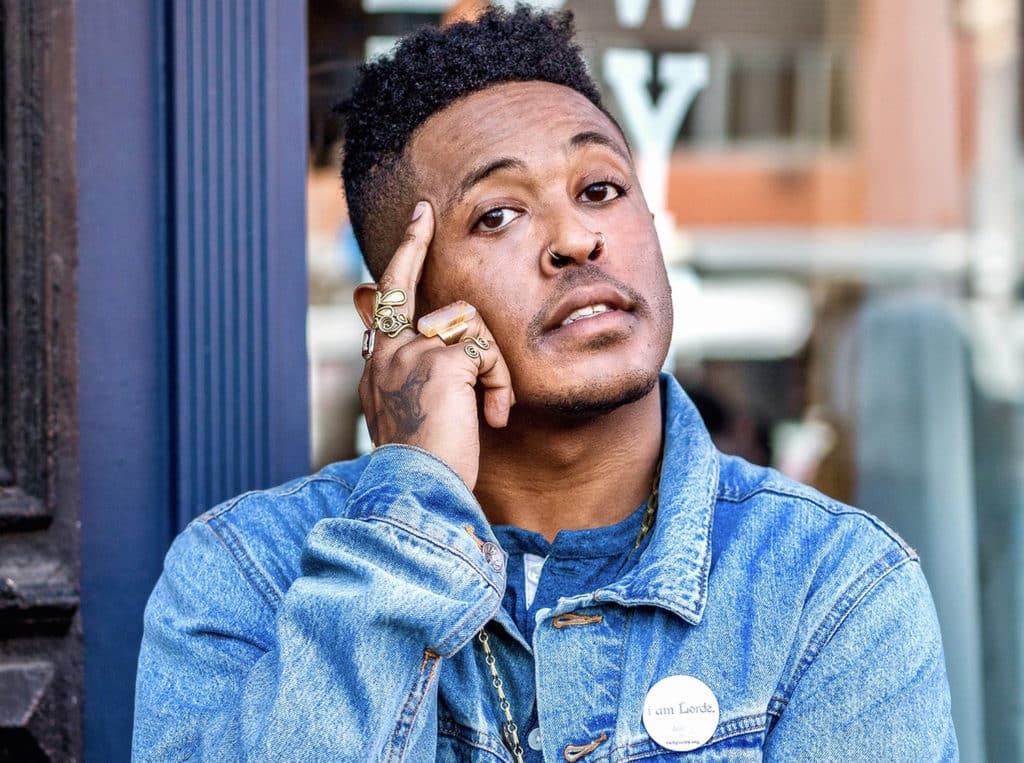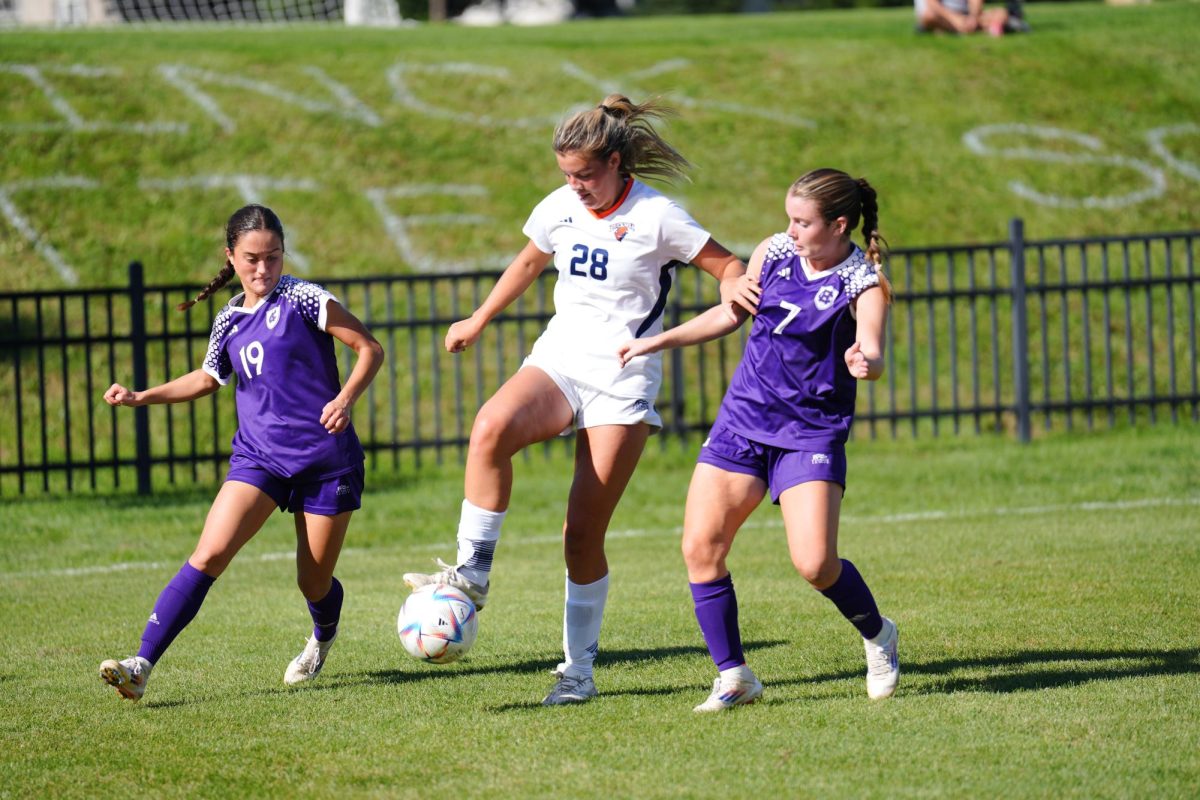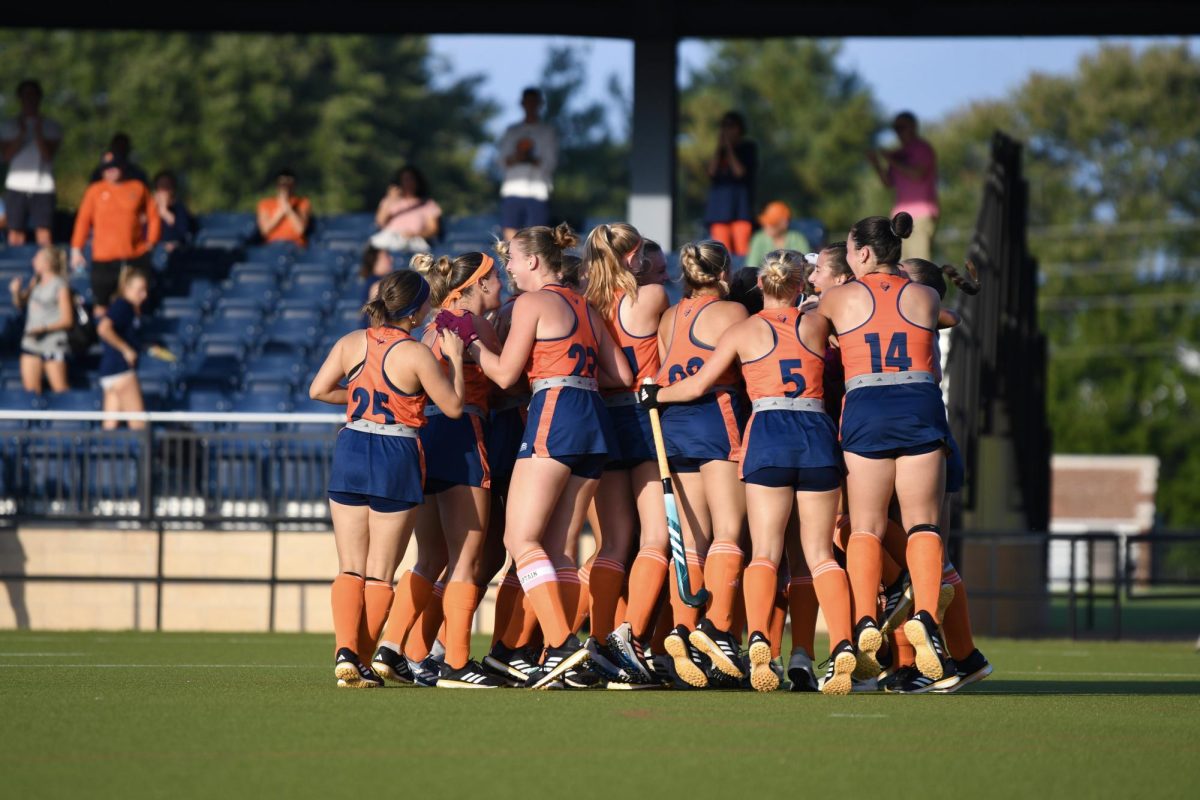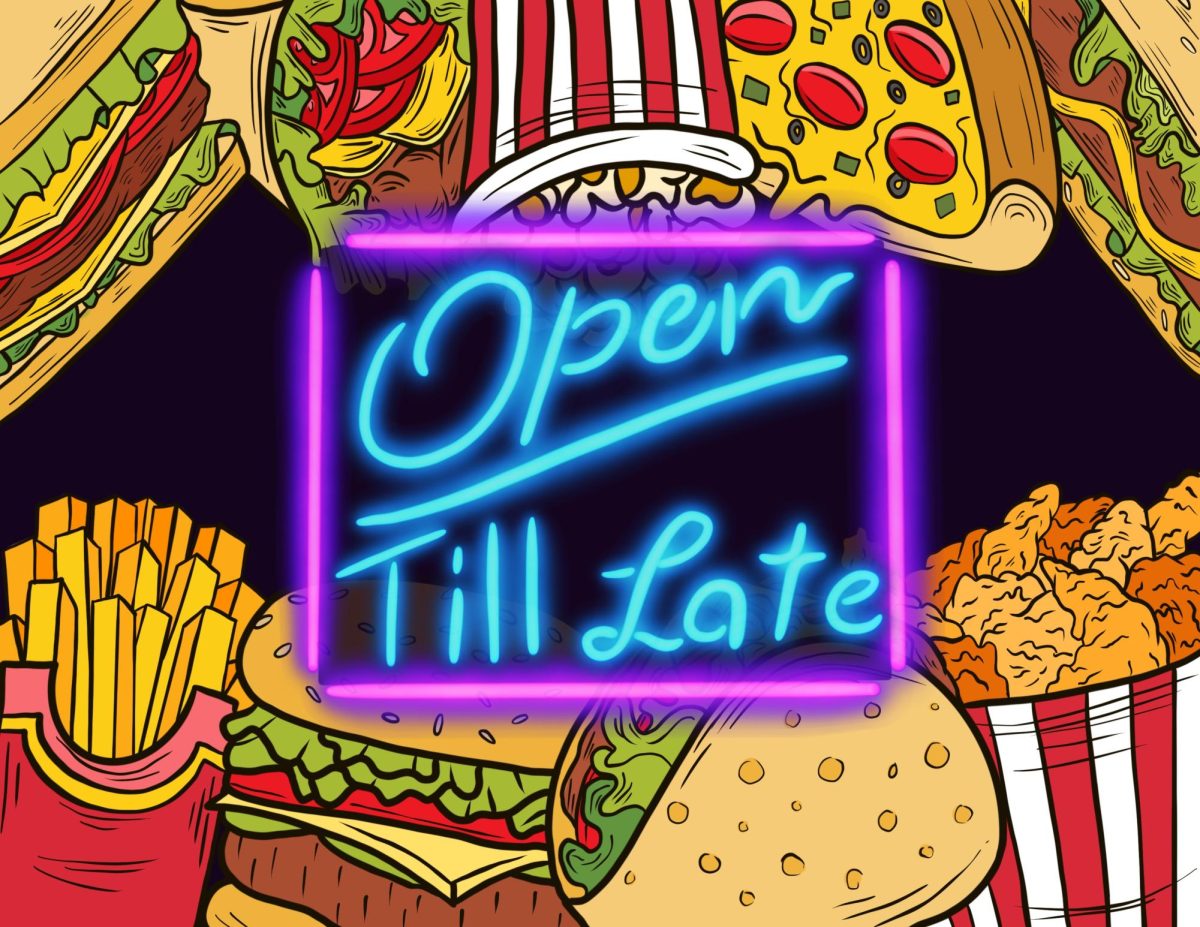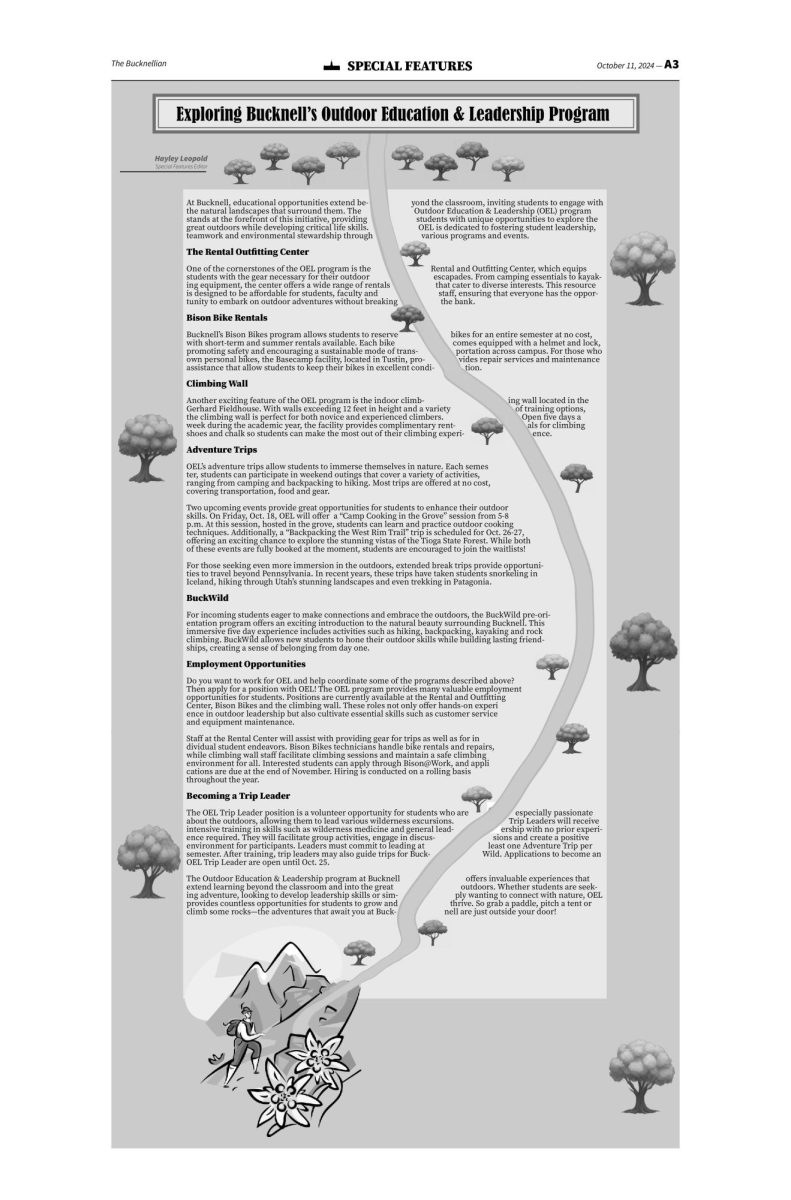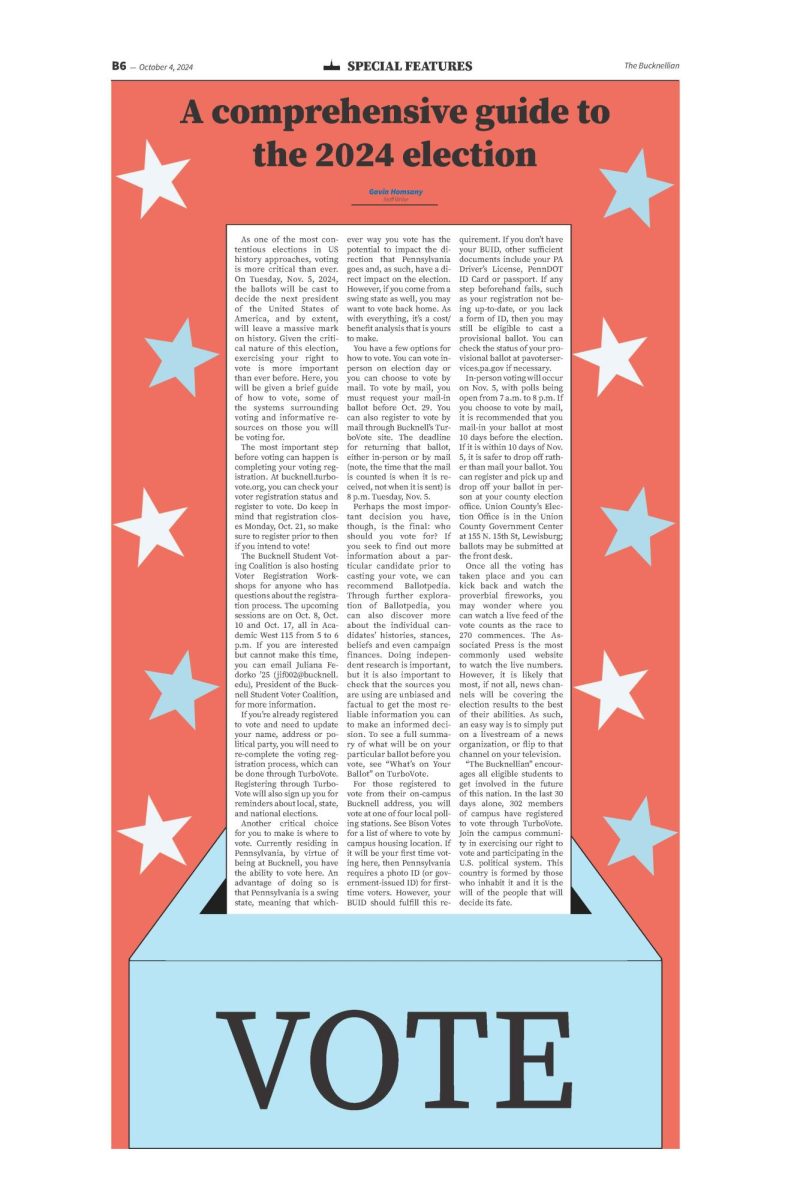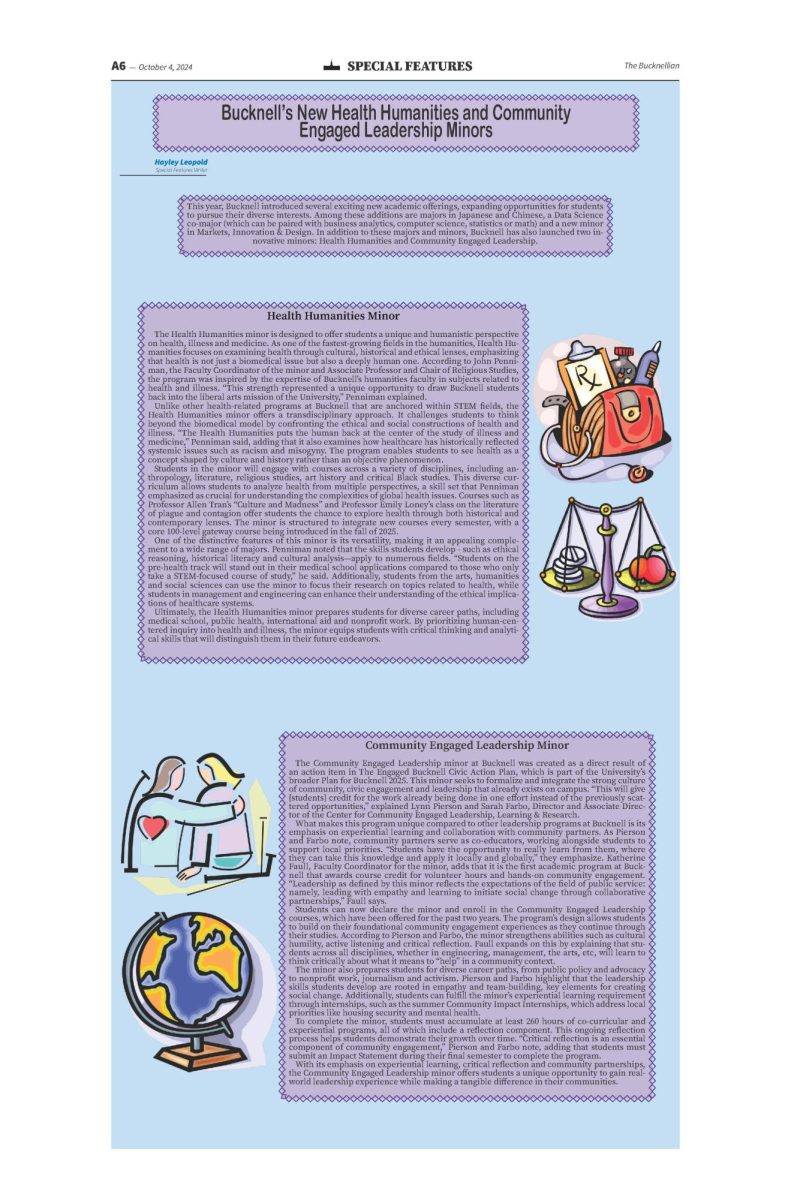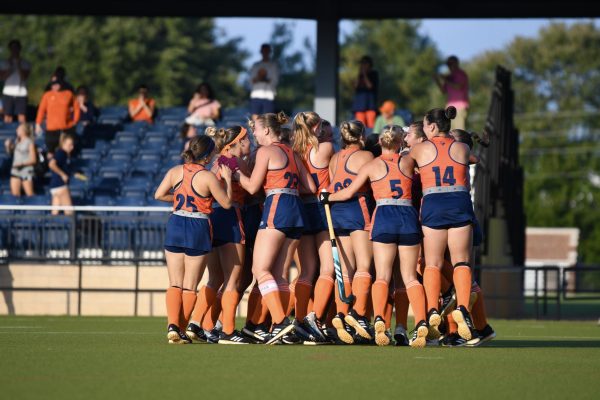Inside the Midnight Saxophone Player
April 16, 2015
Last week we brought you the reactions of students who witnessed the performance of the midnight saxophone player, Ryan MacIver ’17. Since then, MacIver has been performing all over campus, making our sunny days a little better with their beautiful saxophone music. We now have information straight from the source themself. MacIver provides insight into their impromptu campus performances.
Q: How did you get started playing the saxophone?
A: I’ve been playing the alto saxophone since I was eight. I come from a family of musicians and it was expected of me to at least play something. I think part of my reasoning at the time was that it was an instrument that nobody else in the family played. Additionally, I’d been exposed to some jazz saxophone playing and I was enthralled.
I keep playing it for multiple reasons. It’s at least intended as a monophonic instrument; it’s possible to play multiple notes but it’s very difficult and options are limited. If I play unaccompanied, everything is very stark. I can’t hide myself in a background of other notes. Another appeal is that the saxophone is an almost outsider instrument in “western art music.” The saxophone was developed in 1840, after some of the biggest names in the canon (Bach, Beethoven, Mozart) were already dead, and it never was adopted in a significant way into the orchestra. As a student of composition, I’ve had to look into and think about these composers on a daily basis. I like that my instrument has a tradition that is largely outside of it, in jazz. Although I admire many composers within that tradition, I admire composers in many other traditions and do not wish to be confined by one way of thinking about sound.
Q: What is the reasoning behind your campus performances?
A: I have multiple/evolving reasons as to why I play the saxophone outside daily. The most simple reason is that I have written 11 pieces over spring break and they had to be played somewhere. Additionally, I’d begun to think very consciously about all the elements that make up western art music that aren’t necessarily sound. Music is never just about sound. It has some sort of context, some sort of setting, some sort of social arrangement that it reproduces or even seeks to struggle against. One thing I was focusing on is that the concert for orchestra is often in a specific building (a concert hall), has a specific lighting (little to no light in audience with bright light on stage), a specific seating arrangement of players. These specific aesthetic rules around how a concert operates are dying, and I’ve become disenchanted with them. It’s become too elitist, too easy a position to snub audiences. I was looking for different platforms to perform, ones that are far less exclusive. Not everyone can buy regular tickets to orchestras, but it’s far less hard to simply go outside. Nor is it a venue where it is implicitly demanded that I be actively listened to in complete silence.
Q: What motivates you to perform around campus?
A: Playing outdoors puts me in an exposed, even vulnerable position. If I mess up, I have nothing and no one to hide behind. Also, people generally seem to feel free to respond to me however they wish. I feel like I’m on equal footing with everyone else. My playing is a part of daily life on campus, like I’m part of the environment. I see these as very positive developments.
Q: Do you intend for people to stop and watch you play?
A: I saw having people stop to watch me play as an inevitability. Not many people are playing music outside on the campus, especially not the saxophone. Additionally, I’ve been playing in some very reverberant places. I played by the downhill entrance of the ELC one day and a professor told me he could hear me from his house around half a mile away. I’d imagined folks would start taking notice of this unexplained saxophone-playing coming from somewhere on campus and wonder as to the meaning of it. Especially because of how mysterious I imagine it must have been.
I think, more than having people stop to listen, I strive for a response or reaction—even if it’s negative. I’m considering ways of increasing the possibilities and avenues of feedback. It might be regularizing or making an advance statement in social media as to where/when I’m playing so that I can make myself even more easily accessible. It might be releasing the scores I’m playing and openly requesting for anyone and everyone to come play with me. These scores are highly improvisational and when there are multiple instrumentalists improvising, there is inevitably a dialogue going on.
